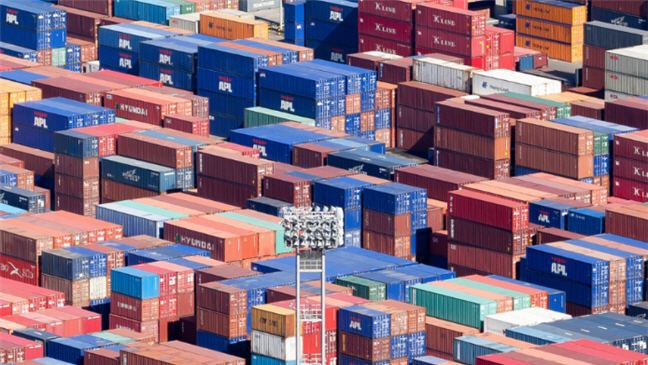
[Chungbuk Ilbo] As the government lowers tariff rates on rechargeable batteries and semiconductor materials, it is expected that related industries in Chungbuk will gain momentum in 2021.
According to the Ministry of Trade, Industry and Energy on the 3rd, quota tariffs have been applied on 60 items under the jurisdiction of the Ministry of Industry from the 1st.
The quota tariff is applied by adding or subtracting the tariff rate within the 40%p range of the basic tariff rate in order to strengthen industrial competitiveness, stabilize prices, and resolve the tax rate imbalance in accordance with the Customs Act. Usually, a tax rate of 0-4%, which is lower than the basic tax rate of 3-8%, is applied.
The number of items subject to the quota tariff increased by 11 compared to last year. The application period is one year until the end of this year.
The targets of expanding the scope of items subject to this quota tariff were focused on’new industries’ such as hydrogen cars, secondary batteries, and new and renewable energy.
The tariff rate for a total of 31 new industrial items, including 5 newly included items and 26 existing items, will be applied at 0% from this year.
The newly included items are △Coating machine and drawing machine necessary for the production of hydrogen vehicle fuel cells △Nickel cobalt manganese material for manufacturing cathode materials for secondary batteries △Platinum catalyst, an essential raw material for hydrogen fuel cells for power generation △Materials for polymer blending, a raw material for flexible displays, etc. . Each of the five raw materials was subject to an 8% tax rate last year, but a 0% tax rate will be applied from this year.
In addition, tariff rates on 26 items, including quartz glass substrates used in the production of conventional semiconductor blank masks, cathode materials, cathode materials, separators, electrolyte-related facilities and raw materials, and parts of growth hormone treatment products in the bio field, which are the four core materials for secondary batteries. It remains at 0%.
The Ministry of Industry estimates that this year’s quota of tariffs will provide annual tariff support of 400 billion won.
An official from the Ministry of Industry said, “It is expected to foster new industries of materials, parts and equipment, restore vitality of key industries, and accelerate the conversion of the hydrogen economy.”
The’new industry support policy’ through the application of the Ministry of Industry’s quota tariff is expected to have a positive effect on the secondary battery and semiconductor industry in Chungbuk.
The application of the quota tariff leads to reduction of import costs, which is the basis for improving the profitability of enterprises.
Looking at the current status of manufacturing companies in Chungbuk Province in 2019, among the 1,400 companies in the province, 814 chemicals and chemical product companies according to the industrial classification (intermediate classification), and 422 manufacturers of electronic parts, computers, images, sound and communication equipment. fold.
It means that about 1,200 companies, which account for 10% of all companies in the province, manufacture chemical substances and products including secondary batteries, and electronic parts including semiconductors. As tariffs are lowered in the process of importing raw materials, the financial burden of these companies can also be eased.
An official from the provincial economy said, “The lower tariffs on items related to major industries in Chungbuk means that importers can save that much cost. The low import unit price increases the price competitiveness of intermediate products and finished products produced by local companies. It can be an opportunity to increase it,” he said.
/ Reporter Sung Hong-gyu
